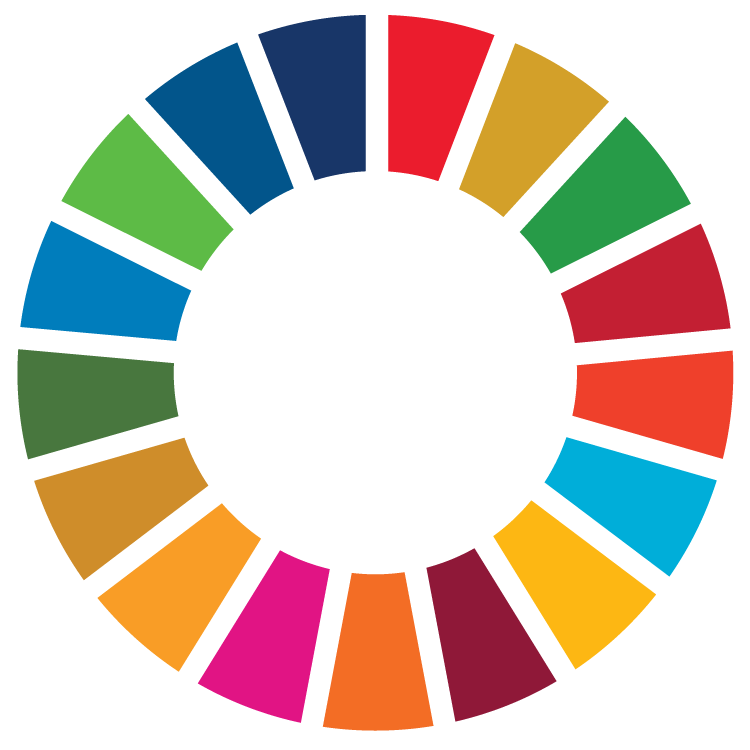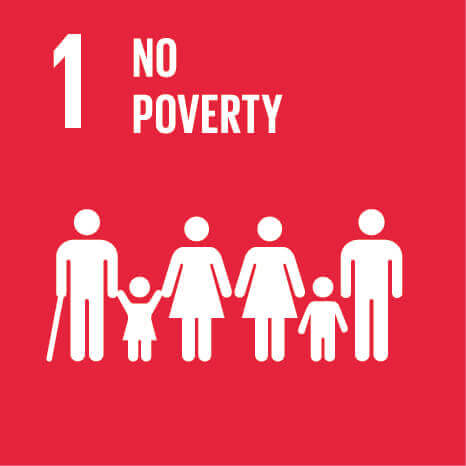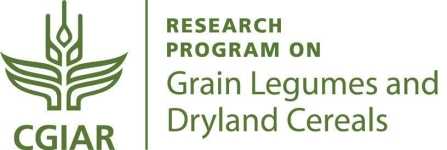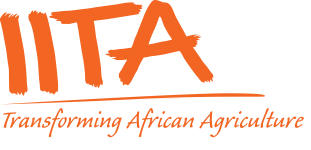Improved cowpea varieties contribute to poverty reduction in Nigeria
Published on: April 9, 2020, Submitted by Jake Carampatana on: March 26, 2020, Reporting year: 2019
IITA and its partners have developed and promoted improved cowpea varieties that are high yielding, resistant to striga, alectra, and insect pests, and drought tolerant. This has resulted in the release over 20 improved cowpea varieties in Nigeria since the early 1980’s. About 42% of the farmers have adopted improved cowpea varieties resulting into a 26% increase in yields, 14% decrease in production costs, 61% increase in net returns per hectare and 5 percentage point reduction in poverty incidence.
A farming household harvesting from their crops. (c) International Institute of Tropical Agriculture | Flickr
Cowpea is an important food and fodder legume and essential component of cropping systems in the dry savannas of West Africa where farmers traditionally cultivate two main types of cowpea: early-maturing varieties grown for grain and late maturing varieties that are grown for fodder production. In view of its early maturity and ability to fit as a niche crop in multiple cropping systems involving maize, sorghum, and millet, cowpea has quickly become one of the most important food as well as cash crops in Africa. Cowpea covers the largest area of any grain legume in Africa and is especially important in West Africa where Nigeria and Niger alone account for over 75% of the total cowpea production in the world. Cowpea production in Nigeria is however constrained by several factors which include low yield potential, biotic stresses (insect pests, diseases, striga and alectra infestations), abiotic stresses (drought, heat and low soil fertility), and poor access to seeds of improved varieties. The International Institute of Tropical Agriculture (IITA) and its partners such as the Institute for Agricultural Research (IAR) of Nigeria have developed and promoted improved cowpea varieties that are high yielding, resistant to striga, alectra, and insect pests, and are also drought tolerant. Since 2007, two projects —Tropical Legumes II and III — have also supported the development and release of several varieties that have the beneficial traits mentioned above. Taken together, these efforts have resulted in the release over 20 improved cowpea varieties in Nigeria since the early 1980’s. Through the Tropical Legumes projects, significant strides have also been made to improve the cowpea seed systems. An estimated 491 tons of foundation seed and 5,308 tons of certified seed have been produced over the period 2008-2016, which was enough to cover about 265,415 hectares. These activities have led to increased adoption of cowpea varieties, leading to increased cowpea yields and income and reduced poverty among the adopters of improved cowpea varieties.
Despite successes of international and national cowpea improvement research in the development and release of several improved varieties, there is limited empirical evidence of adoption and impacts of improved cowpea. In 2017, IITA conducted a nationally representative survey involving a sample of 1,525 cowpea-growing households in northern Nigeria cultivating over 2,500 cowpea plots to assess the adoption and impacts of improved cowpea varieties on cowpea yields, income and poverty. The results showed that over 40% of the cowpea growers adopted improved varieties on over 1 million hectares of land and adoption of these varieties was associated on average witha 26% increase in yields, 14% increase in production costs, and 61% increase in net returns per hectare (Manda et al., 2019a). Adoption of improved cowpea varieties also led to a 17 percentage-point increase in household income, a 24 percentage-point increase in asset ownership, and a 5 percentage-point reduction in the incidence of poverty, which is equivalent to 929,450 people lifted out of poverty due to adoption of improved varieties (Manda et al. 2019b).
Stage of Maturity and Sphere of influence
-
Stage of Maturity: Stage 3
-
Contributions in sphere of influence:
1.4.2 - Closed yield gaps through improved agronomic and animal husbandry practices
Acknowledgement
The study was conducted by the International Institute of Tropical agriculture (IITA) in collaboration with the Institute for Agricultural Research (IAR) of Nigeria. It was funded by the Bill and Melinda Gates Foundation through the Tropical Legumes projects.






